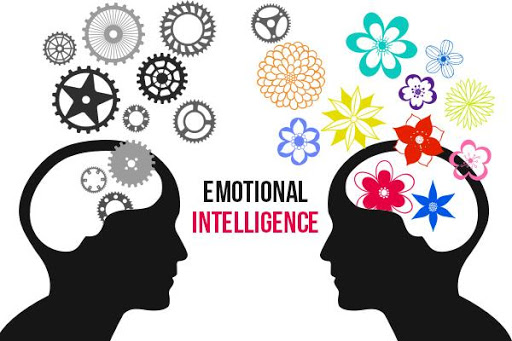
EQ vs IQ

EQ vs IQ
Why Learn Emotional Intelligence (EQ)?
We live in a changeable, complex, uncertain and ambiguous place. On top of that with all the pressures of work, life and everything else that is happening at the moment, one of my goals is to better my knowledge of EQ.
What is EQ?
The Five Major categories of emotional intelligence skills
1.Self awareness - You recognise, evaluate and manage your own emotions. You have self confidence by being sure about your own capabilities and worth
2.Self regulation - You regulate negative emotions such as anger and anxiety through various techniques such as meditation, positive thinking and exercise.
3.Motivation - Self motivation through goals and a positive attitude. This relates to self regulation where you can reframe negative thoughts into positive ones.
4.Empathy - the ability to recognise how other people feel and thus are able to modify your communication skills to create a comfortable atmosphere where the other person feels safe to share their thoughts and emotions
5.Social skills - good interpersonal skills to better understand, empathize and negotiate with others in a global economy.
How is it different to IQ?
IQ (Intelligence Quotient) deals with one's intelligence. EQ refers to one's emotions.
How can EQ be Culitvated?
Neuroplasticity Check out my blog post on neuroplasticity!
Training - EQ is a collection of skills and can be trained
How to train EQ
Attention Training - An alternative definition for attention training is Mindfulness. Mindfulness for me is being in the present moment and being consciously aware of your emotions and surroundings but choosing not to react and rather respond if necessary. This can be trained through Mediation. I do this daily in the morning and evening and it has been fantastic for my mental health. A good resource to get started is through headspace.com.
Conscious listening - Listening and Looping - Person A talks, Person B listens and loops back what they heard them say. Heard this before? (Hint: readback with ATC, Non normal crew briefings etc)
The two forms of Looping:
Journaling- This is basically a brain dump and is not public. It improves your mental health by clarifying your thoughts and knowing yourself better, which in turn reduces stress and helps you problem solve and resolve disagreements with others.

Conclusion - Why is EQ Important?
EQ helps us in many ways, it assists us in looking after our physical and mental health and well-being, through our ability to inspire and lead, this gives us the ability to manage effective relationships and our emotions when it comes to conflict resolution and thus is the driver of success.